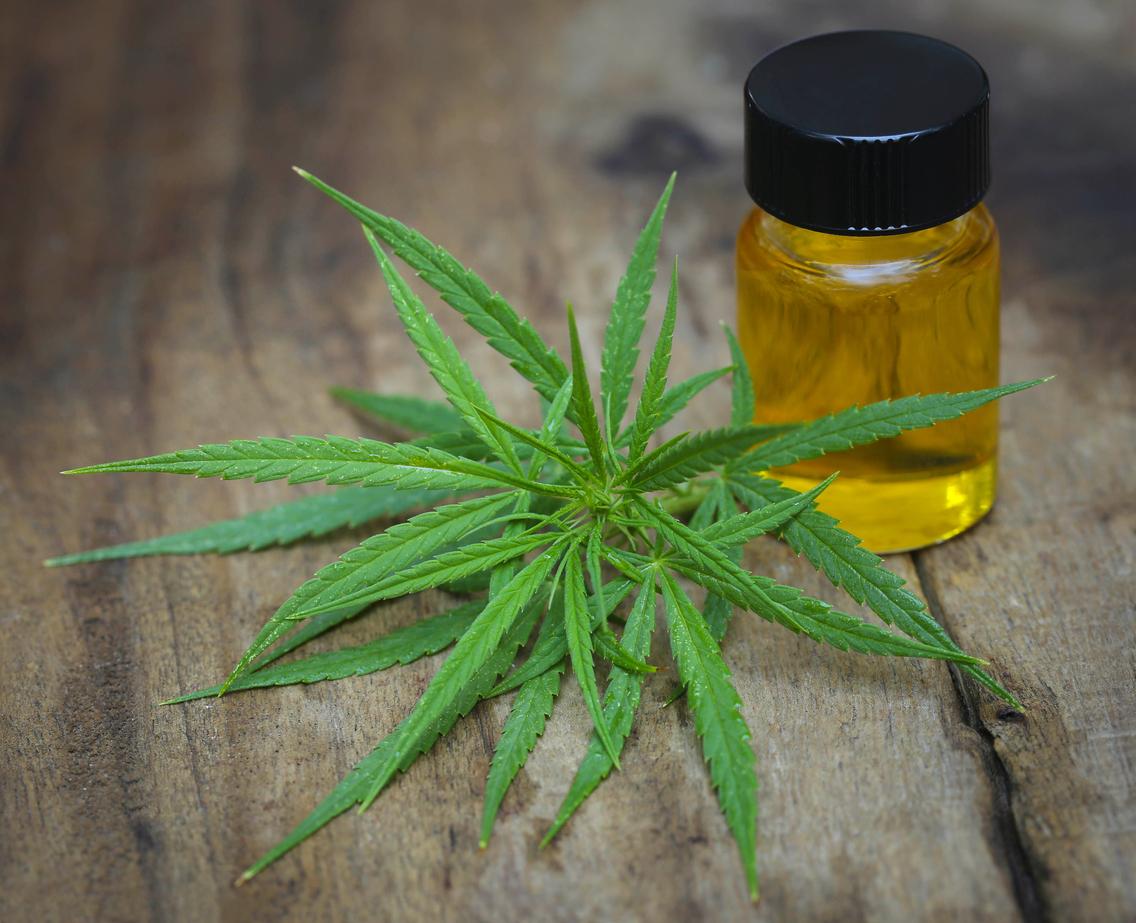A new study has unexpectedly shown an ingredient in cannabis could be useful for treating psychosis
A key problem in caring for patients with psychosis is that they are often reluctant to take antipsychotic drugs because of concerns about side effects – but cannabis-based treatments could change this

Your support helps us to tell the story
From reproductive rights to climate change to Big Tech, The Independent is on the ground when the story is developing. Whether it's investigating the financials of Elon Musk's pro-Trump PAC or producing our latest documentary, 'The A Word', which shines a light on the American women fighting for reproductive rights, we know how important it is to parse out the facts from the messaging.
At such a critical moment in US history, we need reporters on the ground. Your donation allows us to keep sending journalists to speak to both sides of the story.
The Independent is trusted by Americans across the entire political spectrum. And unlike many other quality news outlets, we choose not to lock Americans out of our reporting and analysis with paywalls. We believe quality journalism should be available to everyone, paid for by those who can afford it.
Your support makes all the difference.Psychiatric patients treated with a substance found in cannabis, cannabidiol, showed a significant reduction in psychotic symptoms and were also more likely to be rated as “improved” by their psychiatrist, our latest study shows.
Psychotic disorders affect two to three per cent of the population. They usually begin in early adulthood and the symptoms can be lifelong. Patients typically experience paranoia, hallucinations and a lack of motivation.
The main treatment for psychosis is antipsychotic drugs, which has been the first line of treatment since the 1950s. These drugs are usually partially effective, but in around a third of patients they don’t work at all. They can also have significant side effects.
A new class of treatment
Antipsychotic medications act by blocking dopamine receptors in the brain. However, dopamine is not the only neurotransmitter whose function is altered during psychosis. And, in some patients, dopamine function can even be relatively normal. So there is a need for new drugs that target other neurotransmitter systems that are implicated in psychosis.
Previous research at King’s College London has demonstrated that cannabidiol (CBD), a substance found in cannabis, has broadly opposite effects on brain function and on symptoms to the main psychoactive compound in cannabis, delta-9-tetrahydrocannabinol (THC).
THC is responsible for many of the harmful effects of cannabis, such as paranoia and anxiety, whereas CBD appears to reduce these symptoms. This suggests that CBD might be useful as a treatment for psychosis and other mental health disorders.
Our study, published in the American Journal of Psychiatry, is the first placebo-controlled clinical trial of CBD in patients with psychosis.
We gave 88 patients with psychosis either CBD or a placebo for six weeks alongside their existing antipsychotic medication. Before and after treatment, researchers assessed their level of psychotic symptoms and the patient’s psychiatrist rated their condition overall. Neither the researchers nor the psychiatrists knew whether the patients were receiving CBD or placebo.
There was a reduction in symptoms in the patients treated with CBD, and the clinicians looking after them thought that they had got better. The rate of possible side effects in patients given CBD was no more than in patients who were given the placebo.
While it is still unclear exactly how CBD works, we know that it acts in a different way to antipsychotic medication, so it could represent a new class of treatment. The absence of side effects is also potentially important, as a key problem in caring for patients with psychosis is that they are often reluctant to take antipsychotic drugs because of concerns about side effects.
The next steps are to carry out larger trials of CBD to confirm these initial promising findings, and to assess the effectiveness of CBD in other types of patient.
Philip Mcguire is a Professor of Psychiatry at King's College London. This piece originally appeared on The Conversation
Join our commenting forum
Join thought-provoking conversations, follow other Independent readers and see their replies
Comments